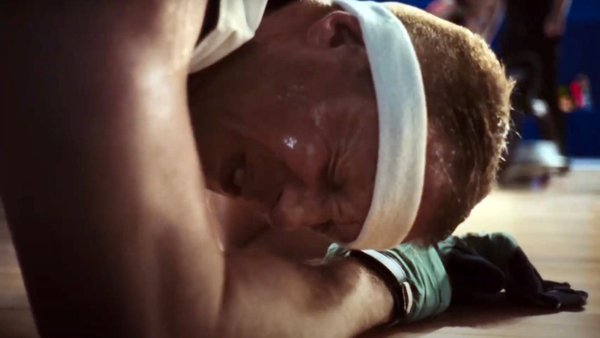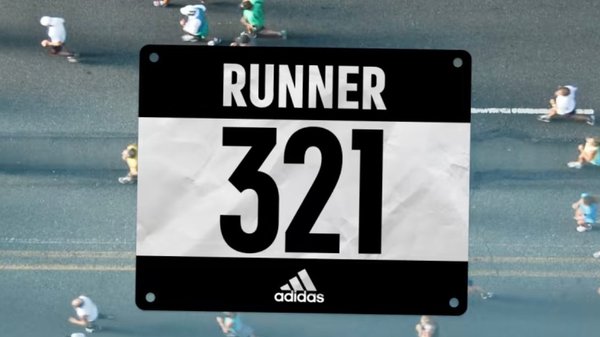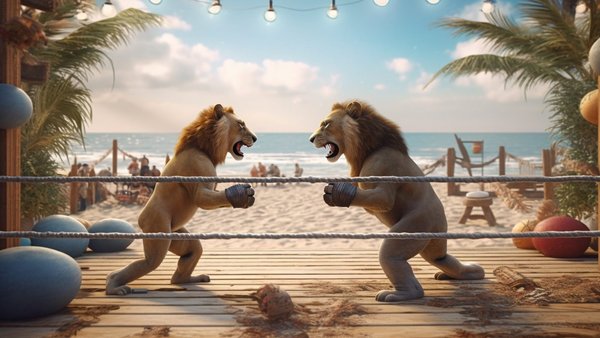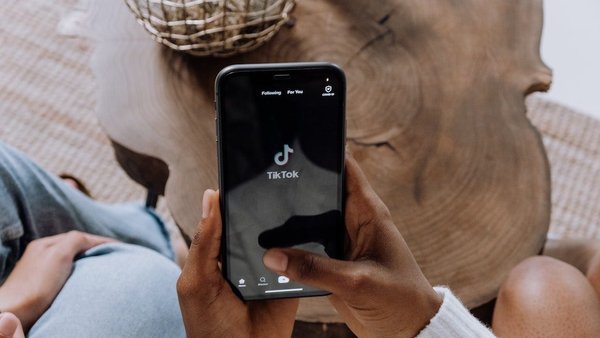Creative Tactics: The brand benefits of loudly sitting an event /
How brands have confected campaigns that make the not taking part count
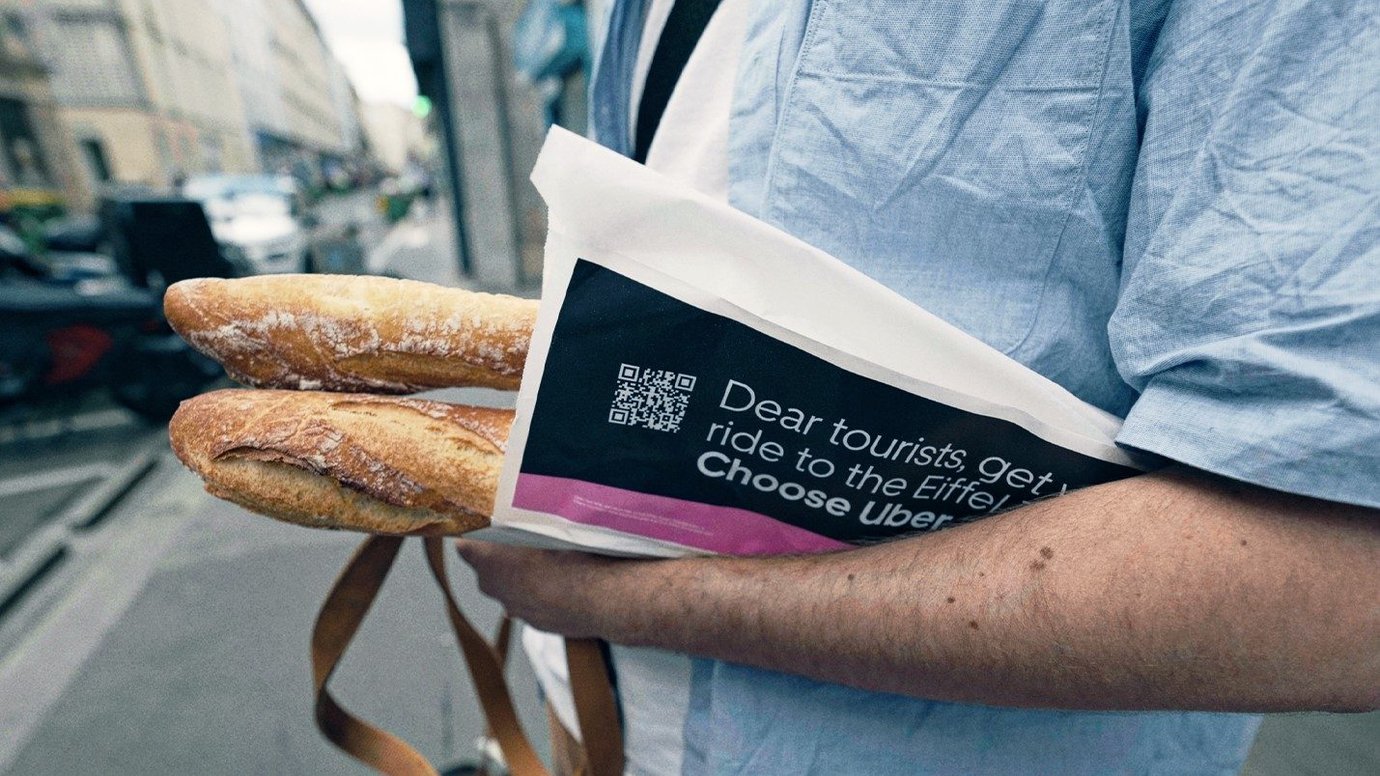
When it comes to the biggest global events, and most lucrative dates in the marketing calendar, the idea of not getting involved sounds like a losing strategy. However, in some cases, brands can draw just as much attention by publicly opting not to take part in the fanfare. Whether it’s sourcing more creative (cheaper) alternatives to splashing big money on pricey media slots, or making a pledge towards a CSR effort seem more genuine by observably sacrificing short-term gains, choosing to step back from the big occasions can be fruitful.
Why it is useful /
Publicly sacrificing profits in the short term to take a stand in the long term makes a brand’s commitments to a cause appear more authentic and believable
Sometimes a creative alternative to advertising at a major event can take advantage of the attention the event itself draws, without having to fork out the same costs
Making a point of not advertising in places where consumers have shown frustration with brands’ involvement can bring goodwill
Key Examples /
Heetch / Choose Uber
On paper, the prospect of hundreds of thousands of tourists flocking to Paris for the 2024 Olympics should have had taxi services licking their lips at the promise of increased custom. However, French ride hailing app Heetch took a surprisingly different stance, launching an outdoor campaign to direct tourists to its biggest competitor instead – Uber.
Ads were created in 12 different languages and placed in key tourist spots, such as airports, hotels, museums, tourist attractions, popular brasseries and cafés and the olympic venues themselves. Each activation included the message ‘Dear tourists, this summer, for all your travels in Paris, Choose Uber!’ and a QR code that linked directly to the Uber app download page in the App Store and Google Play.
While it may seem puzzling from a business sense for a ride hailing app to sit out on a tourist spike, Heetch’s stance showed its commitment towards being the go to taxi service for Parisiennes. Visibly directing tourists to its biggest competitor told locals that its services would still be available to them during a period when others may be overwhelmed and made a playful joke around the idea that, much like most Parisiennes, Heetch isn’t too keen on tourists either.
By finding humorous common ground and poking fun at a shared ‘outgroup’ the campaign exercised the in-group bias – the favourability we show towards people who share our values and perspectives.
Liquid Death / Biggest Ad Ever
A 30-second ad at the 2024 Super Bowl cost brands $7m. It’s a huge sum of money to part with, and one that doesn’t necessarily come with a guarantee of success despite the exposure it offers. Canned water brand Liquid Death has become synonymous with doing things differently, and it’s why its alternative to a Super Bowl ad landed so well.
Instead of splashing the cash for an ad at the game, Liquid Death ran an auction to sell off design space on crates of its water as ad space. In a playful poke at the Super Bowl, Liquid Death coined the campaign the Biggest Ad Ever, suggesting that because 200 million people visit its stockists each week, its packaging brings in a bigger audience than the big game (which ended up pulling in 123.7 million viewers). The eBay auction received 200 bids, with the winning bid landing Liquid Death $500,114, courtesy of cryptocurrency exchange platform Coinbase.
By launching an alternative take on a Super Bowl ad and making a playful poke at the event, Liquid Death benefited from some of the attention that the game brings, without having to pay for it – in fact they ended up making a sizeable profit. It made the campaign PR worthy at a time when it can be difficult to do so, with many brands throwing big money at celebrity partnerships. Above all it worked because it fit the brand’s image.
Philips / Philips Refurb
Each year, around 10 million returned personal healthcare tech products end up in landfill because it’s easier for brands to throw them away than clean or refurbish them. To raise awareness of the issue, on Black Friday Philips decided to suspend the sale of its new items until it had cleared all of its refurbished items from its sales line.
By pausing the sales of its new products on Black Friday, one of the most lucrative dates in the marketing calendar, Philips showed its commitment to sustainability by doing something that could have been costly from a business perspective in aid of a wider goal. Understandably, people have a lot of scepticism about brands and their social responsibility initiatives. So, if Philips is truly looking to change the impact that personal healthcare tech has on the planet, it’s not a good look to be milking the mass consumerism of Black Friday. Instead taking a step back and using the opportunity to push less desiable but greener refurbished products helped Philips emphasise that it truly cares about sustainability and that it’s not just in it for capital gain.
Giving up short-term returns to emphasise a commitment to a long-term goal is an effective way to build trust because it leans on our costly signalling bias. This is the idea that if someone is willing to do something seemingly costly or counterintuitive to show that they care about something, their intentions must truly be genuine as otherwise there’s nothing to gain. It’s why in this case, ‘sitting out’ Black Friday in the conventional sense was important to Philips. It piqued people’s attention to its new sustainable positioning and ensured its stance on sustainability was consistent.
Want more creative tactics? /
Contagious IQ is packed with innovative ideas to imagine your way out of the toughest briefs, not to mention the best ads from around the world, in-depth strategy interviews with the teams responsible for the work and much more. Click here to book a free demo.
Want more of the same? /
We don’t just write about best-in-class campaigns, interviews and trends. Our Members also receive access to briefings, online training, webinars, live events and much more.
